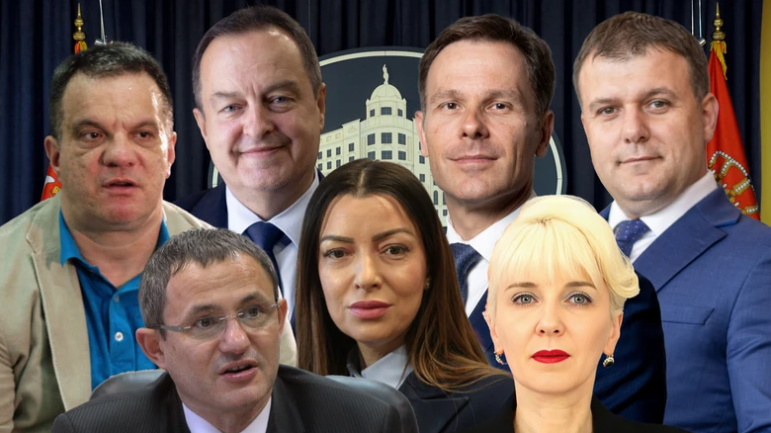
On the last day before the legal deadline expired, the Serbian parliament elected the new government of the Republic of Serbia. The previous government under Prime Minister Vučević was toppled by student and citizen protests – and it is the first government to be toppled since Aleksandar Vučić came to power! I would also like to remind you that the new government is also illegitimate, as it was elected by a parliament that emerged from the December 2023 elections. These were demonstrably rigged, but unfortunately the opposition took part in them last summer and accepted their mandates. By electing the new government, Aleksandar Vučić is trying to buy time in the hope that the student protests will weaken and dissipate during this period.
Since this maneuver was carried out under duress and the main task of the new government is to reduce the existing social tensions and return the political process to normal, its composition was chosen in such a way as to maintain a certain distance from the structures of the Serbian Progressive Party (SNS), while at the same time maintaining sufficient links with it to ensure that this party remains the mainstay of the executive. Proof of this is the first publicly known action of the new government – the attempt at a dialog with the rector of the University of Belgrade, Djokic. This situation between a rock and a hard place has led to dissatisfaction and resistance to the new government both in the revolting part of society and within the structures of the SNS.
For this reason, the new Prime Minister and the government will operate in an extremely unfavorable environment and without the sincere and genuine support of those who elected them. This situation is exacerbated by the fact that the Serbian President’s political authority is already crumbling and shaky. He will no longer be able to play the role of a stabilizing factor and final arbiter in the clash of forces between the SNS and the opposition. Vučić now stands alone, without a viable cadre, he is no longer spreading fear among the people, he is not succeeding in sowing new divisions and the number of citizens who trust him is decreasing daily.
Other shortcomings of this government include the retention of a large number of ministers – as many as 30 – the failure to keep the promise to replace at least 50% of ministers (only a third were replaced) and the considerable number of problematic names holding posts in the new cabinet. Of particular note are the new Education Minister Dejan Vuk Stanković, who is facing allegations of sexual harassment of students in his faculty, and Information Minister Boris Bratina, a known ultra-nationalist who has publicly burned the flag of the European Union and has close ties to criminal structures in northern Kosovo. The absence of politically important figures who support Serbia’s EU membership is also conspicuous. This shows that European integration is not on the list of priorities for the authorities in Belgrade, although 2030 is scheduled as the year of the major EU enlargement to the Western Balkans. This is a far-right government! Aleksandar Vučić has returned to his roots, namely to the ideology of his political teacher Vojislav Šešelj. This means that this government will pursue a foreign policy of rapprochement with the National Socialist regime of Russia and Communist China, will cooperate with all dictators in the world, will try to get closer to Trump and will distance itself as far as possible from the EU and NATO! Even more important and dangerous is that Vučić will now propagate the concept of a “Serbian world” – something he has personally avoided so far. But after such an action by the Patriarch in Moscow, the way is clear for the President to do the same! In this way, it will try to create in the region what it can no longer create in Serbia: It will stir up division and conflict! It will lead to instability! Fortunately, Seselj’s policy has never been able to govern Serbia. At most, it has supported the criminal policies of Slobodan Milosevic and the fraudulent policies of Aleksandar Vučić! The more openly the president and the government pursue this policy, the closer the end of their rule will come – because this is the only policy they have left!
Given all the obvious shortcomings of the new government, its greatest strength seems to be that, according to the prevailing opinion of analysts and political players, its term of office will not last longer than six months.
WE CONTINUE WITH THE PRESSURE!!

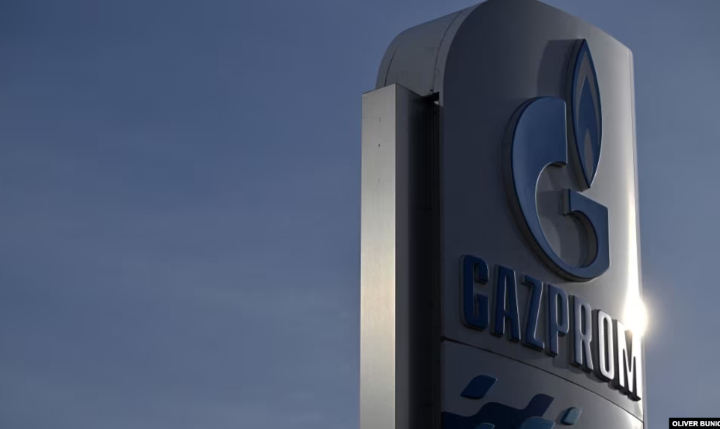 At least four sanctioned Russians have received Serbian citizenship
At least four sanctioned Russians have received Serbian citizenship 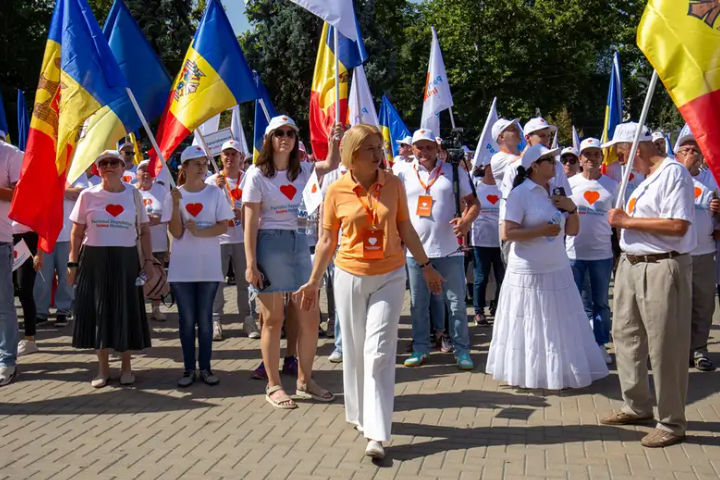 Moldova bars pro-Russia party from parliamentary elections
Moldova bars pro-Russia party from parliamentary elections  How Vučić spent his time in New York: He ate a sandwich, drank a beer, saw no rays of light—and not even old bricks.
How Vučić spent his time in New York: He ate a sandwich, drank a beer, saw no rays of light—and not even old bricks. 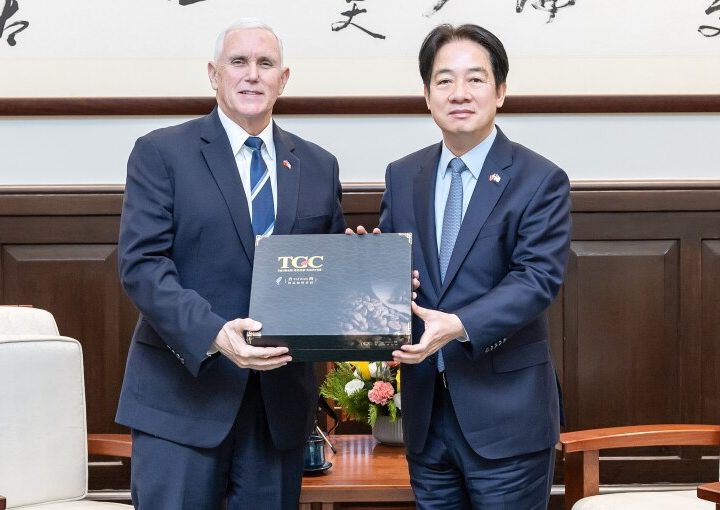 Taiwan’s ruling DPP rocked by Chinese espionage within its own ranks
Taiwan’s ruling DPP rocked by Chinese espionage within its own ranks 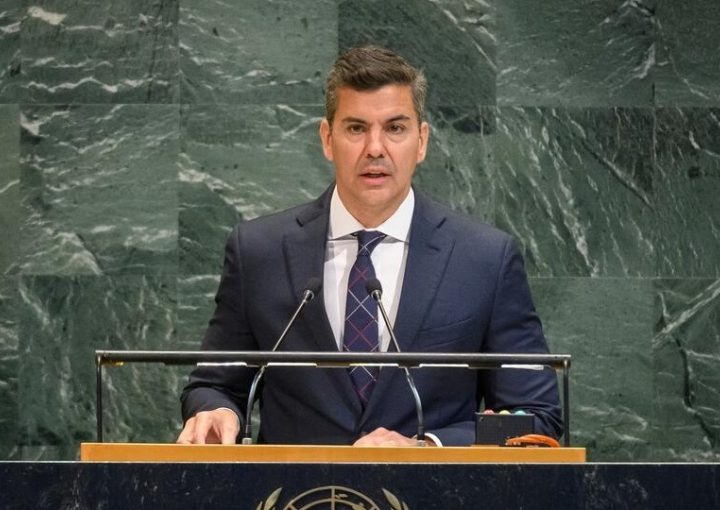 Paraguay presses for Taiwan’s UN membership
Paraguay presses for Taiwan’s UN membership  Russian warplanes detected flying near Alaska again, US military says
Russian warplanes detected flying near Alaska again, US military says